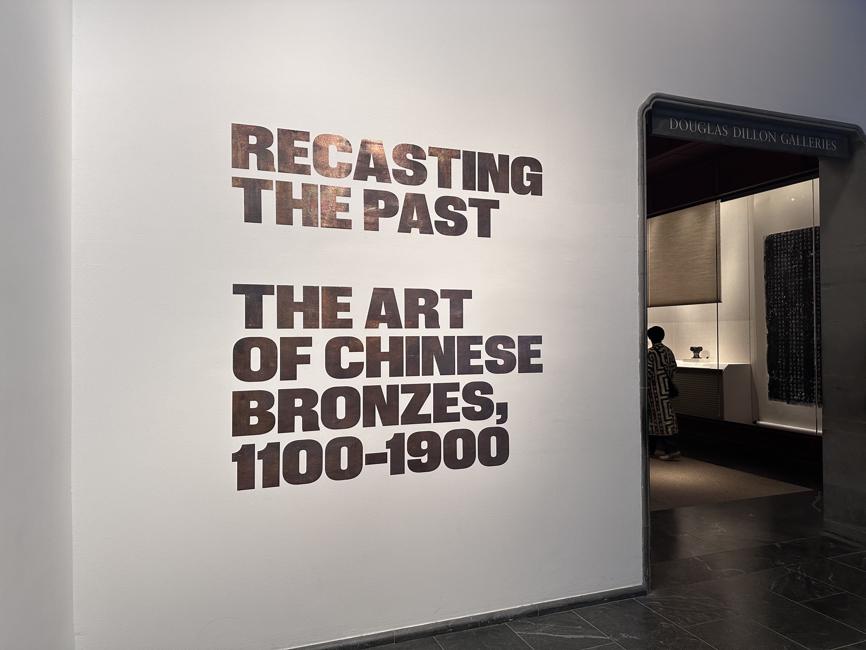Show must go on, even amid tariffs and tensions


"The show must go on" may sound like a theatrical cliché, but in the tense arena of US-China relations it has become a quiet and resilient act of diplomacy.
While trade tensions simmer and policy dialogue stutters, artists, curators, educators, and cultural institutions are building fragile but essential bridges between the world's two largest economies. Their work may not make headlines, but it remains indispensable.
In a conversation hosted recently by the National Committee on US-China Relations, Alison Friedman, executive and artistic director of Carolina Performing Arts at the University of North Carolina at Chapel Hill and a veteran of two decades of cultural exchanges with China, offered a rare window into this quieter side of bilateral relations.
"The arts," she said, "are the good news, even when there's a tremendous amount of bad news, especially domestically for the arts". Even as political sensitivities escalate and funding for cultural institutions recedes, institutions are "continuing to do things," Friedman said, "just doing them more quietly."
It's a return, she noted, to how her own company operated in China years ago: securing permits, planning events, but staying under the radar until after the curtain fell.
"That's exactly what we're seeing here in the US now with projects with China," she said, a situation in which the pressure to go silent increasingly originates from Washington. Friedman described the current moment as "a time of much quieter foundation-laying," so that, when the political climate eventually shifts, cultural engagement can expand without having to be "starting from scratch".
Consider the March opening of Recasting the Past: The Art of Chinese Bronzes, 1100-1900 at the Metropolitan Museum of Art, a project years in the making with the Shanghai Museum. At a gala co-hosted by the Chinese embassy and the Washington National Opera at the Kennedy Center earlier this month, Ambassador Xie Feng emphasized that "people-to-people friendship lays the foundation for enduring relations and peace between nations", and that "it matters even more at difficult times".
On May 9 in Boston, Chinese Consul General Chen Li attended the opening of Qi Baishi: Inspiration in Ink, a joint exhibition by the Beijing Academy of Painting and the Museum of Fine Arts, Boston. He called it not only an artistic collaboration but a "cultural bridge".
Friedman sees hope in younger generations still willing to cross borders, often literally. She shared the story of a student at NYU Shanghai who, struggling in Chinese class, decided to bike from Shanghai to Xi'an, learning the language by talking with fruit sellers along the way. These "transformative" and "contextual" experiences shape long-term perspectives and relationships, she said.
Friedman highlighted the growing difficulty of securing visas for foreign artists — O and P artist visas can now cost thousands of dollars, with premium processing often required just to meet performance deadlines. The high costs are deterring participation in major festivals.
At the NCUSCR discussion, Jessica Chen Weiss, a China scholar at Johns Hopkins School of Advanced International Studies, described navigating reviews at the university's exports control office for a planned research trip to China. "I worry that we are very much going to be cutting off our ability to understand what is even happening in China," Weiss said.
For all the gloom surrounding US-China ties, the quiet work of cultural diplomacy offers a modest but meaningful source of optimism. The show must go on — not for the sake of appearances, but for the hope that it plants.


































